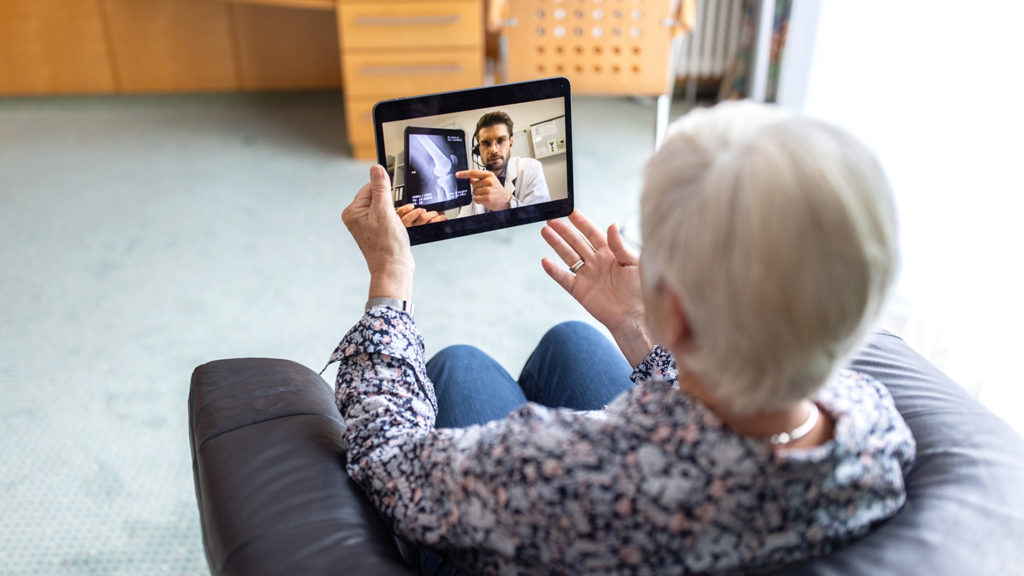
Digital health tools — either in the form of apps or other online healthcare services — won’t be useful for older adults unless they are designed to be easy to use and are available at any time of day, a new analysis shows.
The study adds to the growing body of research analyzing what possible barriers or limitations remain for seniors’ using tech tools, even as their use has proliferated since the pandemic.
The study’s recommendations could benefit senior living and care providers looking to establish increased use of digital communications between residents, caregivers and clinicians.
Although the study includes both clinical consultations and more generic health information under the broad “telehealth” umbrella, the scoping study is aimed squarely at the latter: how older adults can use digital tools to improve their own health outcomes and lead a healthier lifestyle.
“Even though telehealth interventions for preventive and health promotion purposes have the potential to assist older adults in managing and improving their health, studies have shown that their adoption and actual use is low and inconsistent,” the study authors wrote.
The researchers recommend including older adults themselves in co-designing apps and other telehealth tools, to avoid learning after the fact that a tablet or app is too complicated or complex to use.
The idea that older adults need specialized digital interfaces, either because of physical or cognitive challenges, is not a new concept. Many clinicians themselves have expressed concerns that some telehealth tools are difficult to use, to the point of being dangerous.
One more unique suggestion from the review, however, is for digital tools to include a more social element, such as peer-to-peer interaction on a platform and the ability for family members to interact with their loved ones.
The scoping review on telehealth used data from Australia; whereas the use of telehealth also is down in the United States from its peak during the pandemic, its use in long-term care settings remains high, and Congress is considering permanently extending telehealth options for Medicare beneficiaries.


